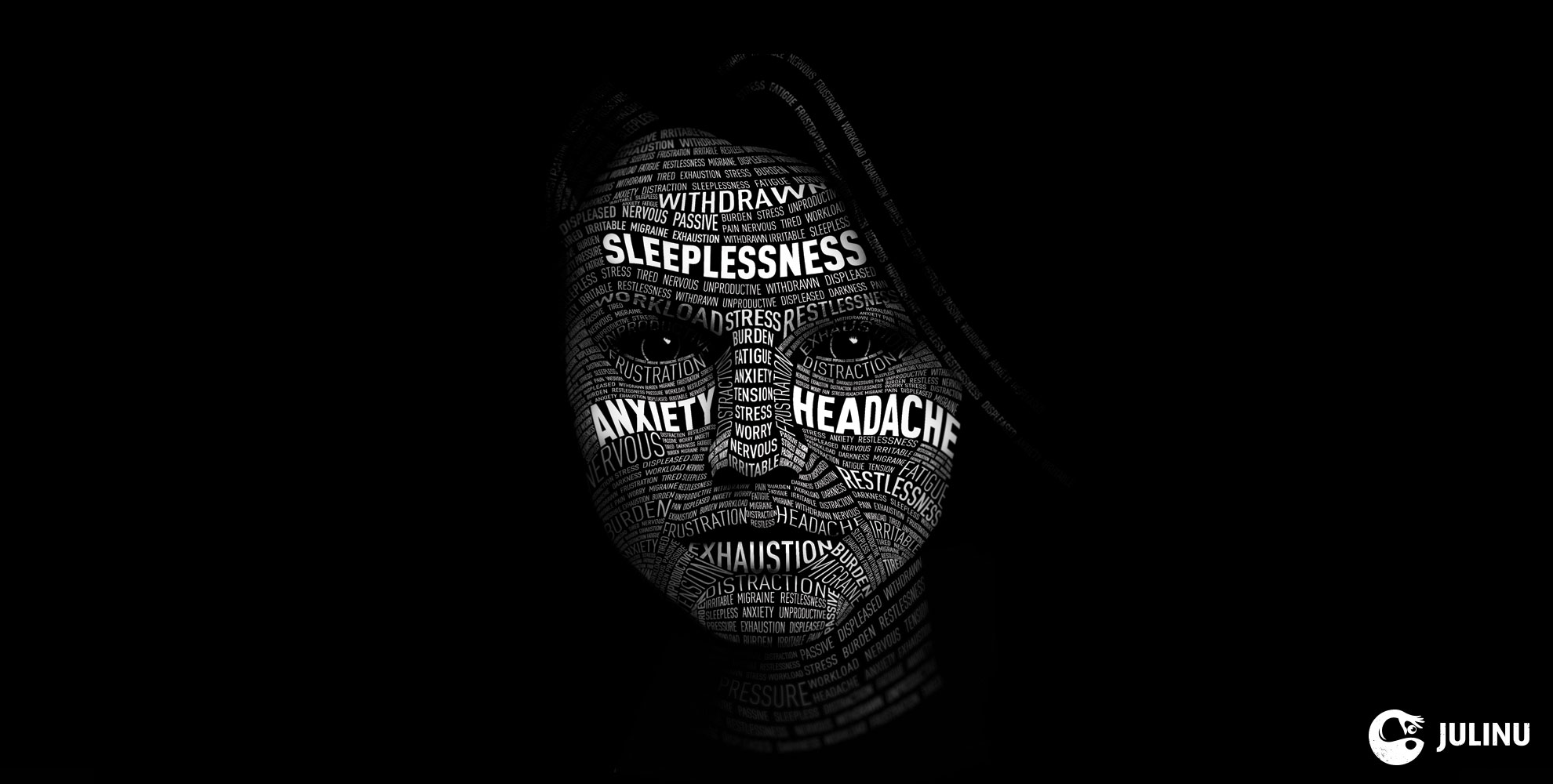WEST LONG BRANCH, N.J. – My name is Emma Gepner and I have Dysthymic Depression.
According to The Kim Foundation, nearly 30 percent of people above the age of 18 living in the United States suffer from at least one type of diagnosable mental disorder. On college campuses, you’ll frequently hear students talking about how depressed they are over a bad grade or how anxious they are for an upcoming presentation. The unfortunate reality of the situation though is that only one-fourth of the students making these kinds of claims actually suffer from these illnesses. While it is no surprise that mental illnesses are often stigmatized, they are also frequently glamorized in very high profile ways.
For example, Urban Outfitters is known to be a frequent offender of glamorizing mental illness. In 2010, the clothing company came under fire for selling a t-shirt with the words “Eat Less” written on it. Three years later, the company seemingly forgot its previous indiscretions, as a shirt covered in the word “Depression” hit their racks.

This glamorization is extremely dangerous for those who actually suffer from these illnesses, but also for those who don’t. For those living with these illnesses, seeing it misrepresented or sensationalized in the media (I’m looking at you, United States of Tara), or used as a “cute” graphic for an overpriced t-shirt, minimizes the validity of the struggles these people face on a daily basis. For those who are not mentally ill, the glamorization alters their perception of these illnesses, and normalizes them in a way that allows “depression” to become an adjective for “sad” and “anxiety” a replacement for “nervous”.
“Using mental illnesses as adjectives to describe your feelings – when a simpler, less extreme adjective could be used – effects those who actually are diagnosed with these illnesses and hinders the ability to spread knowledge about mental health,” says Erin Comiskey, Monmouth University senior and Health Studies major. “The glamorization of mental illnesses leads to the normalization and undermining of these illnesses.”
Of course, this isn’t to say that Hollywood has never accurately portrayed mental illness. Take for example USA Network’s hit show, Mr. Robot. Zebbie Watson of Inverse.com discusses how the show manages to use the main character’s dissociative identity disorder (DID) as a fundamental element of the plot without forcing it to act as the show’s sole driving force. However, shows like Mr. Robot seem to be the exception rather than the rule.

Misrepresentations and glamorization of mental illness only reinforces the stigma surrounding them. Up until very recently, I kept my depression hidden away like a dirty secret. Now here I am, announcing it to the Internet. I’ve found that the more ashamed you feel of your illness, the harder it is to seek out help. Even when I finally did begin treatment, it wasn’t until after I stopped living in denial of my mental illness that my treatment actually felt like it was starting to work.
Now is the time to stand up and fight for an end to the glamorization of mental illness. Be conscious of your word choice; you never know what the person next to you is dealing with. Did that poor quiz grade really make you “depressed”, or were you just pretty bummed out about it? Recognize the difference and understand the true weight of your word choice.
Monmouth University’s Department of Counseling and Psychological Services is open Monday through Friday, from 8:45 a.m. – 5 p.m. and is located on the third floor of the student center. They can be reached at 732-571-7517 or via email at mucounseling@monmouth.edu.
If you or someone you know is dealing with a mental health crisis, contact the Mental Health Hotline at 732-923-6999 or the Suicide Lifeline at 1-800-273-TALK.




